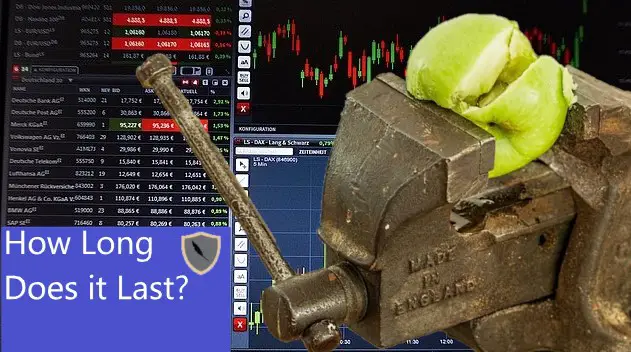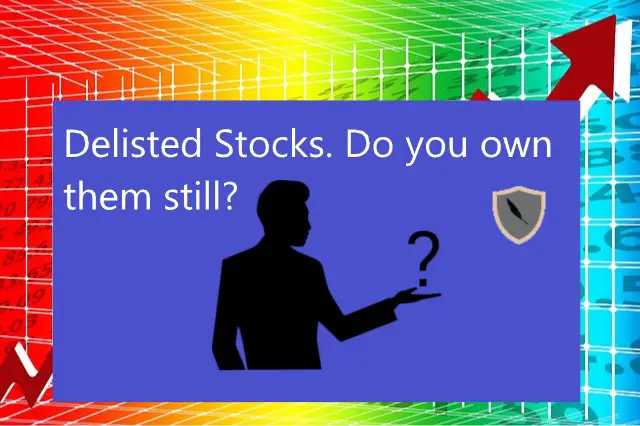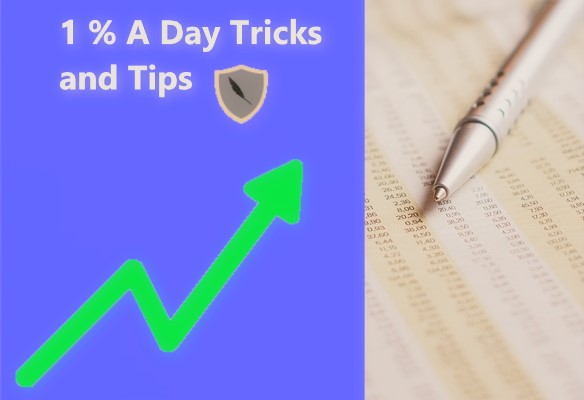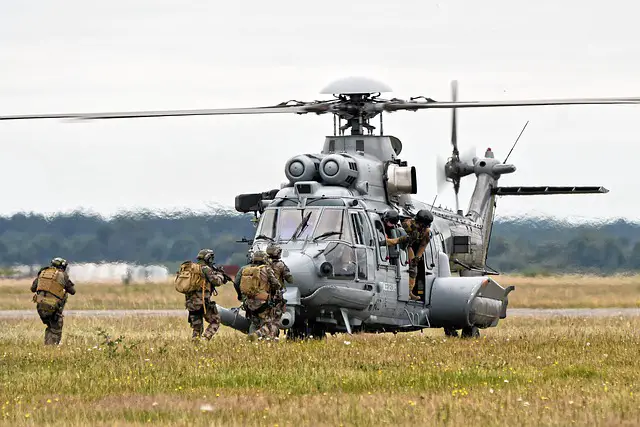What happens to the stock market when there is a war? The stock market is a representation of a host country’s economy. When that host country enters into a conflict then the stock market will move in response. Once you understand how to position an investment you can make a sizable profit from this effect.
Generally speaking the during a war the stock market reflects popular sentiments on the ongoing profitability of the war. If the host country appears to be “winning” then the stock market will grow as people expect rapid GDP growth from a post war environment. However if popular sentiment goes against the host country and the people expect the war to end badly then the stock market will plummet. (source)
This article goes over past examples of wars and provides a methodology for investing based on future conflicts. Hedge funds know how to invest using this methodology, it’s only fair that the average person knows as well. (source)
Here at Chronohistoria I teach people how to generate above average market returns. I routinely publish articles that go over investment research, methodologies, and tips/tricks of the trade so that you are better prepared to earn in today’s crazy market.
Previous War’s Impact On The Stock Market: WWI and WWII
It’s important to discuss previous wars and their impacts upon the stock market. This is because by looking to the past we can better predict the effects that war will have in the future.
Below I outline the effects of the stock market during WWI and WWII. I talk about the U.S stock market and the opposing market so that you can better understand the impacts of war upon the stock market.
WWI
World War One marks in many ways the start of a global industrial society. For the first time goods and resources were transferred efficiently across the globe to meet a military demand never seen before.
Because of this industrialists profited immensely from the war. The United States saw a huge rise in profits just before entering into World War One. Many other entrepreneurial minded people also profited from the conflict. (source)
Supporting the war became a very profitable endeavor. From 1912-1914 the United States sold munitions and weapons to both sides of the war. Once the war ended all of that pent up capital was unleashed and the U.S stock market shot upwards. From 1919 up through 1928 the U.S stock market doubled in total value! (source)
Now for the Germans their story was completely different. In the years preceding WW1 the German Frankfurt stock exchange was one of the largest in the world. After the defeat at the end of WW1 investors began to sell of foreign shares on the Frankfurt exchange. This was done because of fear of repercussions by the German state. (source)
The excess capital was thrown into government bonds. While this bolstered the financially bleeding German Weimar Republic it also made it become extremely isolationist. As a result slowly from 1919 up to 1933 the Frankfurt exchange no longer become an international stock exchange. This ended up causing a massive surge in volatility within the Frankfurt exchange from 1919-1933. (source)
Simply put, World War One caused the stock market of the United States to explode in value while it crippled the German markets. This in turn led to a huge increase in volatility for both of the markets. The United States saw a bull market with huge volatility. Germany saw a bear market with huge volatility.
WW2
The German Weimer Republic would fall in 1933 and the Nazi Government would take its place. This was a direct cause of the next major war, World War Two.
From 1928 up through the late 1930’s the world experienced one of the worst economic crashes ever. This event is called the Great Depression and it saw prices on worldwide markets fall by around 50%. (source)
As a result people from around the world began to rely more upon their governments to provide life’s essentials. From 1928 up through 1945 the power of governments began to swell and as a result investors began to leave markets where the threat of government oversight became apparent. (source)
When war finally broke out on September 1st, 1989 the U.S stock market was recovering from the great depression. From 1939 up through the end of the war the U.S market stagnated and then after the war skyrocketed.
However Germany, Italy, and Japan were financially destroyed from the loss of the war. This time however the western allies helped the destroyed countries rebuild. Enacted in 1948 the “Marshall Plan” allowed the western allies to directly support the rebuilding of the former axis countries.
Over $13.5 billion was spent on the marshal plan to kickstart the global economy and provide a bulwark against the Soviet Union. Several hedge funds on Wall Street during the 1950’s and 60’s invested in these rebuilding economies as a way of obtaining a high ROI. I wrote up an entire article that goes over how you can use this same methodology of investing in emerging markets, if you are interested you can check it out here. (click here)
Simply put, World War Two demonstrated that you can invest in rebuilding markets and make a ton of money. Both the victors and losers in WW2 had their markets explode over the subsequent 20 year time frame.
The Effects Of War On Today’s Stock Markets
In the 21st century war has changed drastically from the 20th. However, three things remain the same. First, wars need to be funded. Second, wars invoke national unity. Third, the outcome of wars can be extremely profitable.
Each of these needs to be explained so that you can understand how to position an investment to capitalize upon movements in the stock market as a result of war and conflict.
Effect 1: Funding Wars Increases Defense Sector Value in the Stock Market
Over the past three decades a new sector has started to emerge in global markets. The sector of private defense contractors/companies. Recent research has demonstrated how fast this sector is growing. (source)
When a nation declares war they will have to start spending on equipment, talent, and resources to prepare. This will take the form of contracts given out by the host country to select defense contractors. Some of these defense contractors are publicly traded companies.
That means that you can directly invest in the defense contractor and reap the rewards of the massive government contract they are forecasted to get. Over the past 20 years these defense contracts have become huge investment vehicles for savvy investors. In 2015 Northrop Grumman was awarded a $55 billion dollar contract alone! (source)
One of the main effects of war is the increase in spending during wartime by a host country. Investing in the big defense contractors will give you ample reward.
Effect 2: Wars Invoke National Unity
Sociologically speaking wars bring together a nation unlike any other thing. In U.S academic circles this is called the “rally around the flag effect.”
What this means is that when a nation goes to war people put aside their ideological differences and support the nation. This means an increase in consumption that is inline with supporting national needs.
During World War Two consumer spending dropped sharply as the United States switched into a wartime domestic front. Instead of manufacturing cars, factories produced Tanks. Domestically agriculture and healthcare were consumer higher than normal.(source)
What this means is that during a war the stock market switches from normal consumption to producing heavy amounts of basic essentials and wartime products. Here if you were to place an investment it would be to short stocks that produce leisure items and instead long healthcare, agriculture, energy, and most importantly stocks looking to directly support the nations war.
Effect 3: The End of Wars Creates Volatility Which You Can Profit From
Volatility is just the ability for a stock to move. When a war ends the “winning” side tends to see a bull market while the “loser” enters into a bear market. However, if the victor decides to help rebuild the defeated countries then both markets can enter into a huge bull market.
This will only continue so long as popular sentiment continues to support the national cause. If at any point the average population does not want to engage with their host nation they will pull out their capital from the stock market, thus dropping the market’s total price.
We saw this happen with Italy and Germany in the late 1920’s and early 1930’s. The most important thing is to look at investor sentiment on the ongoing profitability of the war and the likelihood of “losing” in the public eye.
When the war ends then this volatility will be released. If you placed an investment on the right side (long winner/short loser) then you can expect to make a really good return.
Conclusion
There you have it; The effects of war on the stock market. There are several other methodologies you can employ to generate additional capital off global conflicts such as war.
For example, one of the main pairs trade is U.S crude oil and Brent Crude. During times of war and conflict Brent’s value declines due to its transportation method (bulk tanker ships) while U.S crude increases (land transportation does not care about unsafe seas).
Here at Chronohistoria I teach people how to generate above average investment returns. I routinely publish articles on investment research, methodologies, and tips/tricks of the trade so that you are better prepared to profit.
Feel free to sign up for the free newsletter to remain up to date on all things investing.
Further, you can check out some of the other articles below.
-
How Long Does a Short Squeeze Last? (3 Answers)

What is the time frame for you short squeeze? Well here is everything you will ever need to know to determine how long it will last.
-
Why You Still Own a Stock After It’s Delisted and How to Sell It

Do you still own a stock after its delisted? How do you sell it? Don’t worry the stock is still worth money and here is how to sell.
-
Can You Make 1% A Day in the Stock Market? (3 Steps)

Making 1% a day in the stock market is hard but defiantly doable. Here are 3 simple steps to helping you achieve this return.
Until we meet again, I wish you the best of luck in your investing journey.
Sincerely,



